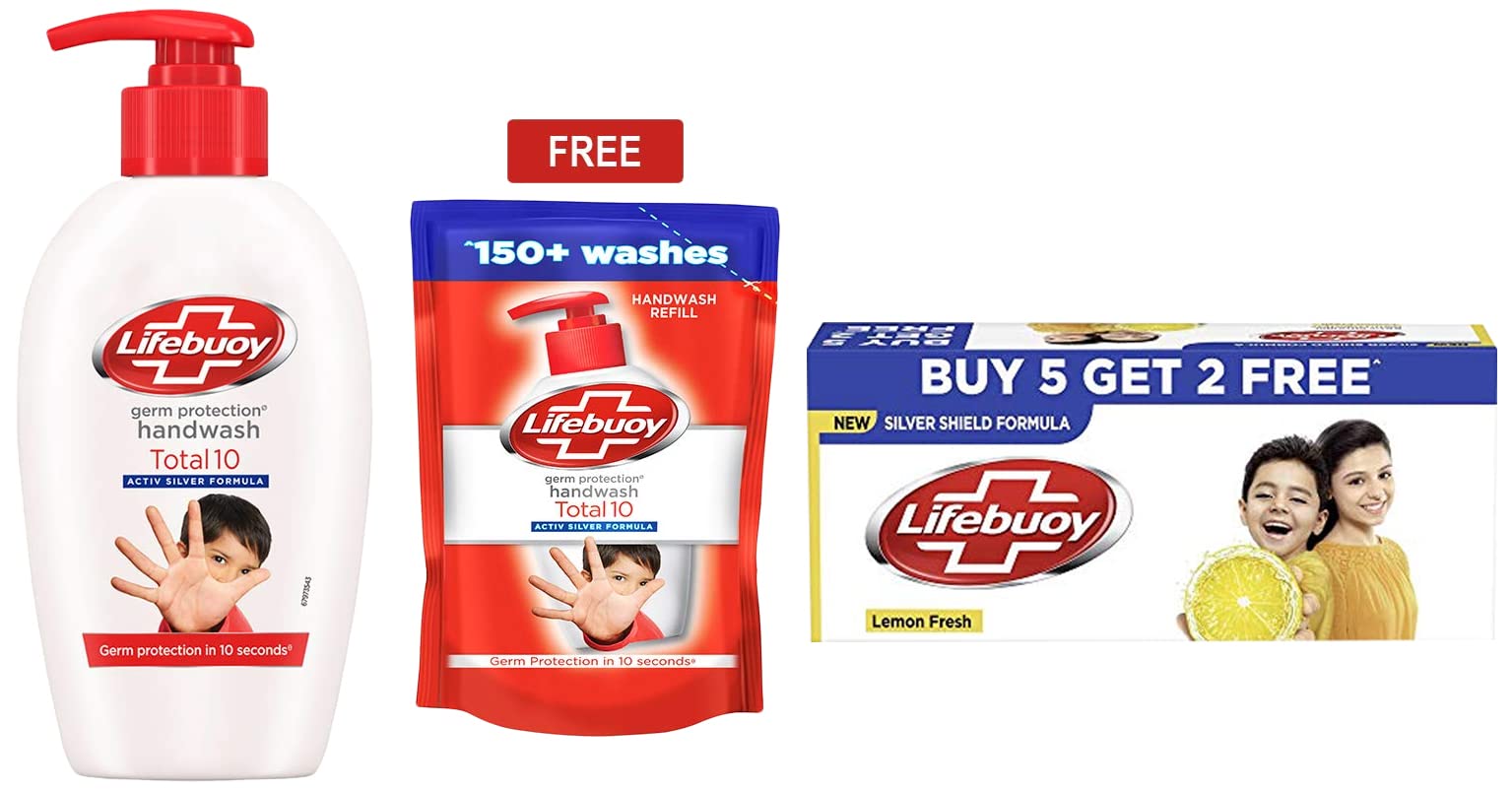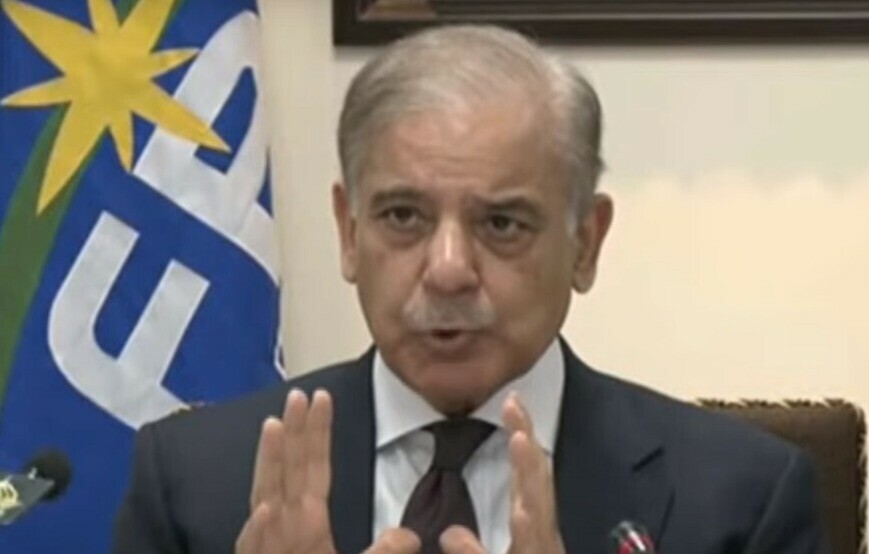Mohsin Siddiqui (Chief Reporter)
The Competition Commission of Pakistan (CCP) has imposed a substantial fine of Rs. 60 million on Unilever Pakistan for engaging in deceptive marketing practices related to its widely recognized hygiene products, ‘Lifebuoy (Care and Protect) Soap’ and ‘Lifebuoy Hand Wash.’ This decision follows a thorough investigation and proceedings stemming from a show cause notice issued to Unilever Pakistan for allegedly violating Section 10 of the Competition Act, 2010.
The issue came to light when Reckitt Benckiser, a competitor, lodged a complaint against Unilever Pakistan, questioning the accuracy of the claims made in the advertising of Lifebuoy products. According to the complaint, Unilever’s advertisements featured bold assertions such as “100 percent guaranteed protection from germs,” “World’s No. 1 germ protection soap,” and “99.9 percent germ protection in 10 seconds.” These claims were promoted through television commercials and printed disclaimers in tiny fonts, making them almost invisible to the average consumer.
The CCP, in its commitment to enforcing fair competition and protecting consumers, launched an investigation into these claims. The inquiry aimed to determine whether Unilever’s assertions were supported by credible scientific evidence or if they were misleading, thereby harming consumers and putting other businesses at a disadvantage.
The CCP’s investigation revealed that Unilever Pakistan had indeed engaged in deceptive marketing practices by making unsubstantiated claims about the effectiveness of its Lifebuoy products. The Commission identified five distinct violations of Section 10 of the Competition Act, which prohibits businesses from making false or misleading representations to consumers. The investigation further highlighted that these deceptive practices varied across different regions, with Pakistan being subjected to the most severe forms of misrepresentation. In countries like Saudi Arabia, the UK, and Bangladesh, similar products were marketed with different wording, which raised concerns about the integrity of Unilever’s marketing strategies.
The CCP’s Order noted that the claims related to health and safety, particularly those concerning germ protection, lacked reliable scientific evidence to back them up. Furthermore, despite being issued a Show Cause Notice, Unilever continued to perpetuate these deceptive practices, disregarding the legal framework designed to protect consumers and ensure fair competition in the marketplace.
In response to these findings, the CCP has imposed a fine of Rs. 60 million on Unilever Pakistan. This penalty reflects the gravity of the violations and the Commission’s resolve to curb deceptive marketing practices that could mislead consumers and distort competition. Additionally, the CCP has directed Unilever to submit a compliance report within 30 days of the order’s issuance, detailing the steps taken to rectify these violations and ensure future compliance with the Competition Act.
The CCP’s order serves as a stern reminder to all businesses operating in Pakistan that deceptive marketing practices will not be tolerated. The Commission’s mandate is to create a fair and competitive market environment that benefits consumers by offering fair prices, high-quality products, and a level playing field for all businesses. The enforcement of these principles is crucial to maintaining consumer trust and fostering healthy competition in the market.
This ruling against Unilever Pakistan is part of a broader effort by the CCP to address anti-competitive behaviors that can harm consumers and other businesses. By taking decisive action against companies that engage in deceptive marketing, the CCP reinforces its commitment to upholding the integrity of Pakistan’s marketplace. Businesses are encouraged to adhere strictly to the Competition Act and avoid practices that could mislead consumers or unfairly disadvantage competitors.
For consumers, this ruling underscores the importance of being vigilant and discerning when evaluating the claims made by product manufacturers, particularly in industries related to health and safety. The CCP’s intervention in this case serves as a protective measure, ensuring that consumers receive accurate information that allows them to make informed decisions about the products they purchase.




